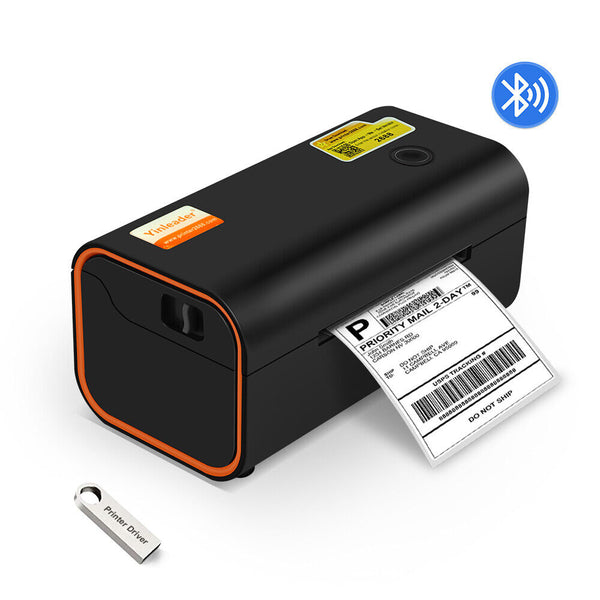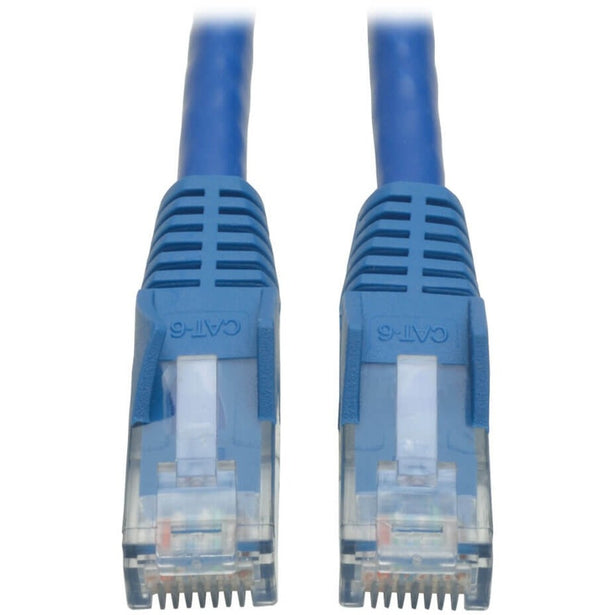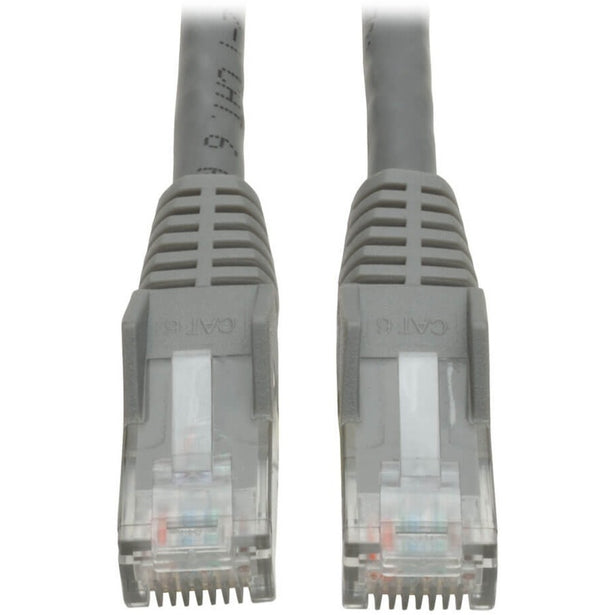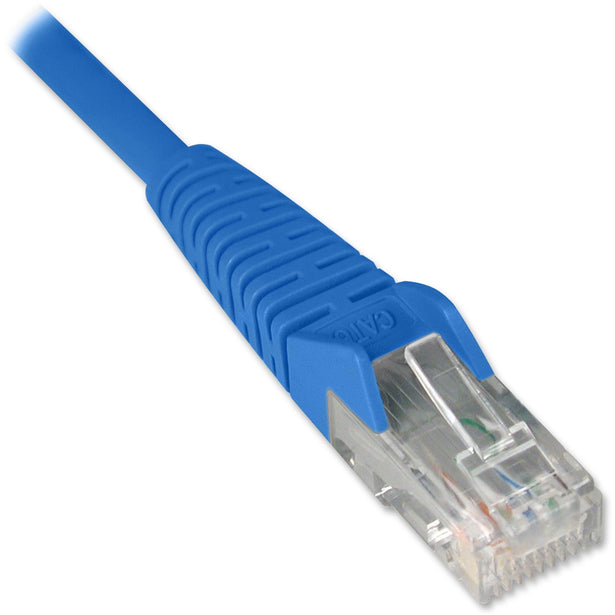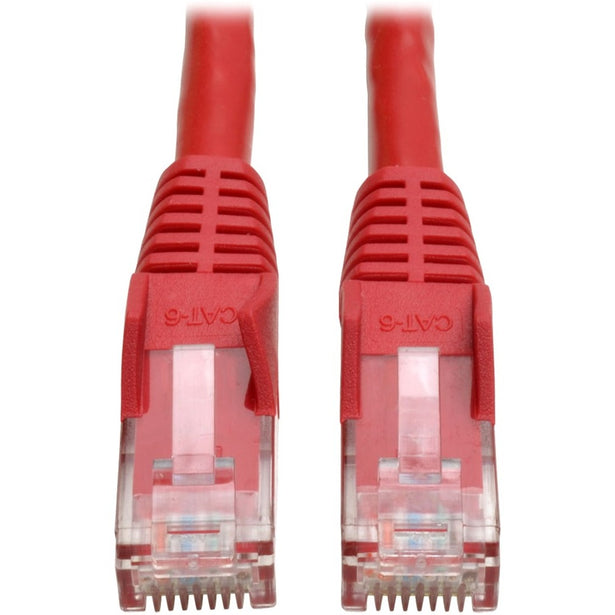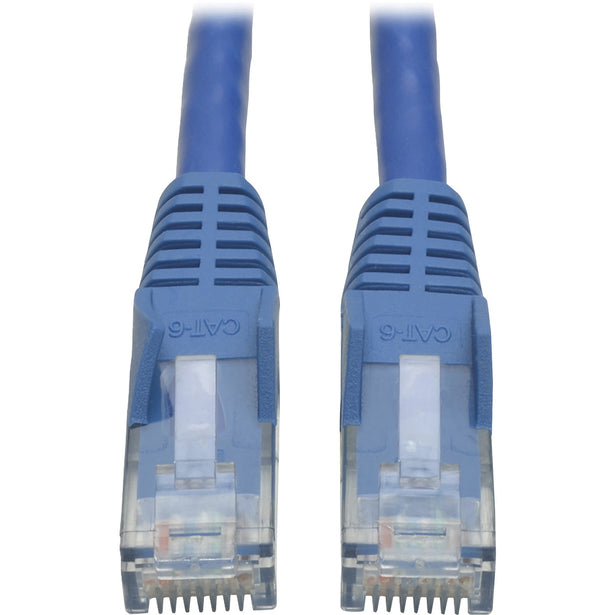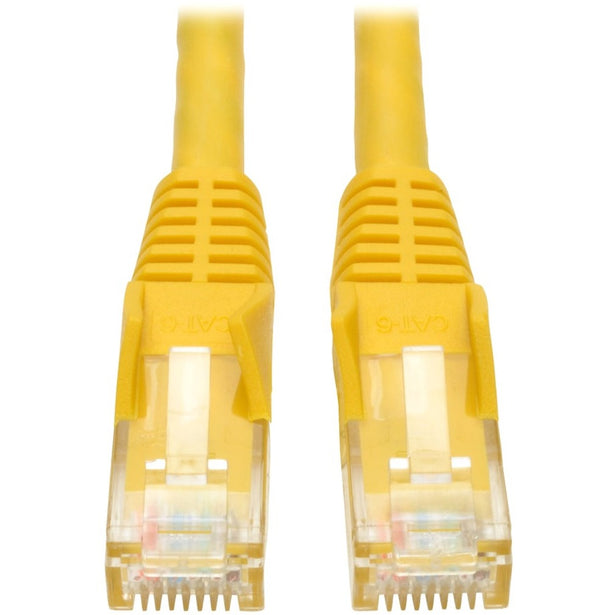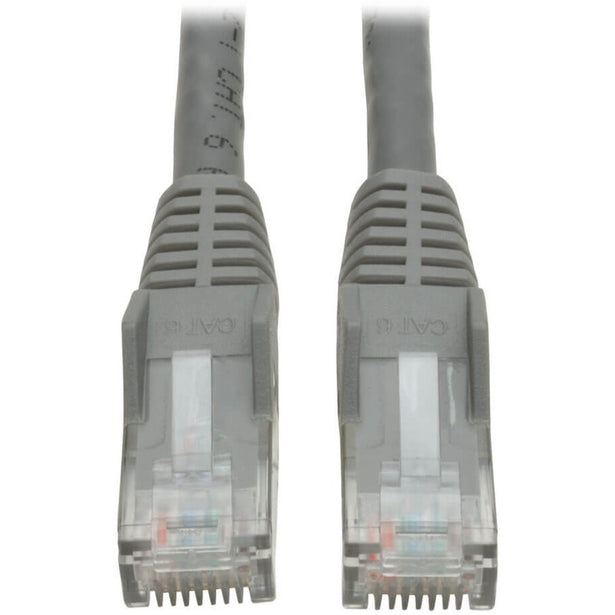Tripp Lite N286-01GLC-TE Cisco SFP (mini-GBIC) Module, 1000Base-TX, Gigabit Ethernet, Twisted Pair, Hot-swappable













































Tripp Lite N286-01GLC-TE Cisco SFP (mini-GBIC) Module, 1000Base-TX, Gigabit Ethernet, Twisted Pair, Hot-swappable
Tripp Lite N286-01GLC-TE
- Free Shipping
- 3 Year Warranty
- 30 Day Returns
- Carbon Neutral
Product Key Features
- SFP transceiver module 100% compatible with Cisco's equivalent module
- Provides 10/100/1000 Mbps throughput up to 328 ft. (100 m) via Cat6 cabling
- Auto-sensing RJ45 port adjusts to match data speeds and detects MDI/MDI-X
- Hot-swappable interface lets you install and uninstall without shutting down
- Supports bi-directional Gigabit Ethernet communication up to 1.25 Gbps
hrs
mins
Shipping information
Tripp Lite
N286-01GLC-TE
SFP Transceiver for Connecting Copper Cabling to Your Cisco Network Switch or Router
This SFP transceiver allows you to connect a copper Cat6 cable to a 10/100/1000 Mbps fiber network router, server or switch. It transmits data up to 328 feet (100 meters) and supports bi-directional Gigabit Ethernet communication up to 1.25 Gbps.
Functionally Equivalent to Cisco GLC-TE Transceiver Module
The MSA-compliant N286-01GLC-TE functions just like the equivalent Cisco GLC-TE transceiver module and is manufactured to meet or exceed Cisco specifications. You can use this transceiver with any compatible Cisco router, server or switch and receive the same performance as the GLC-TE.
Hot-Swappable for Installation Without Network Interruption
This input/output device is fully hot-swappable, so you can install it without a potentially costly 10/100/1000 Mbps network shutdown or device reboot. Just plug the SFP end of the transceiver into your Cisco network device. The other end has an RJ45 connector to link with high-speed Cat6 patch cable (sold separately). A convenient bail clasp latch helps you carefully remove the module from the device.
Premium Features for Superior Performance
The auto-sensing RJ45 port supports auto-negotiation and automatic MDI/MDI-X crossover to match the other end of the connection. The transceiver's zinc housing protects against electromagnetic interference (EMI) and excessive power dissipation.

